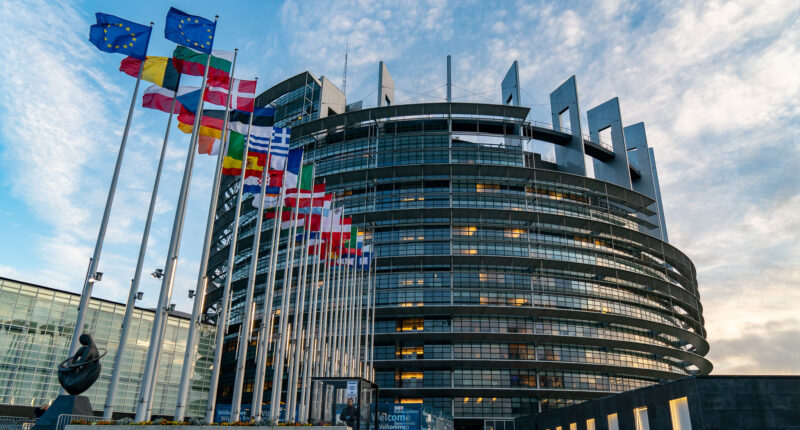Meta and TikTok have breached European Union digital content rules by restricting researcher access to platform data and failing to provide adequate content moderation systems, according to preliminary findings from the European Commission on Friday.
The commission found that Facebook, Instagram and TikTok implemented “burdensome procedures and tools” that leave researchers with partial or unreliable data, hampering investigations into whether users face exposure to illegal or harmful content. Meta faces additional charges for inadequate content flagging mechanisms and insufficient appeals processes across both Facebook and Instagram.
The breaches could result in fines reaching six per cent of annual global turnover under the Digital Services Act (DSA). The commission can also impose periodic penalty payments to force compliance.
Meta’s violations extend beyond data access restrictions. The commission found neither Facebook nor Instagram provides user-friendly mechanisms for reporting illegal content including child sexual abuse material and terrorist content. Both platforms employ “dark patterns”—deceptive interface designs that confuse and discourage users from flagging problematic content.
“Our democracies depend on trust. That means platforms must empower users, respect their rights, and open their systems to scrutiny,” said Henna Virkkunen, Executive Vice-President for Tech Sovereignty, Security and Democracy. “The DSA makes this a duty, not a choice.”
Appeals are limited
The investigation revealed Meta’s appeal systems prevent users from providing explanations or supporting evidence when challenging content removal decisions. Users cannot adequately explain disagreements with moderation decisions, limiting appeal effectiveness and violating DSA requirements for meaningful redress mechanisms.
TikTok’s preliminary violations centre on researcher data access, with the ByteDance-owned platform arguing that increased transparency requirements conflict with EU privacy legislation. The company requested regulatory clarity on reconciling these competing legal obligations.
Both companies disputed the findings. Meta stated it disagrees with suggestions of DSA breaches and highlighted changes to content moderation and data access systems implemented since the regulation took effect. TikTok said it was reviewing the findings while maintaining that compliance challenges stem from contradictory regulatory requirements.
The commission’s enforcement action arrives as new data access rules take effect on 29 October, granting researchers access to non-public data from very large platforms. These regulations aim to enhance platform accountability and identify potential risks from their operations.
Researcher access to platform data represents an essential DSA transparency obligation, enabling public scrutiny of platforms’ impact on physical and mental health. The commission’s findings suggest current access mechanisms fail to meet these requirements, particularly regarding research into minors’ exposure to harmful content.
The platforms can now examine investigation documents and respond to preliminary findings. Both companies may implement remediation measures while the European Board for Digital Services provides consultation. Final non-compliance decisions would trigger substantial financial penalties.
The DSA liability exemption no longer applies when platforms fail to act expeditiously after notification of illegal content. The commission’s focus on notification mechanisms suggests platforms risk broader liability exposure beyond immediate regulatory fines.
These proceedings form part of ongoing formal investigations into Meta and TikTok under the DSA, separate from investigations regarding compliance with other EU regulations. The commission continues examining additional potential breaches within these broader proceedings.











